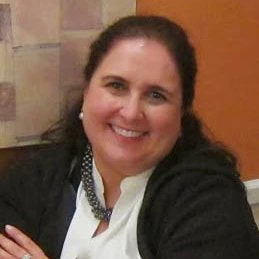
2016. A new year and a new emphasis on data-driven performance for local government . Cities are accelerating at a fast pace to put data to use. Not just to understand what’s happening on the street level, also to improve service delivery systems.
Until recently, Boston’s Department of public works kept track of jobs on paper. And there was no efficient system to track what jobs were done and what needed to be done.
But that has changed.
Last summer, Boston’s mayor Martin Walsh launched a new data collection initiative, Boston 311 - an improved version of the city’s constituent services program, modeled after similar programs in Baltimore and New York. Residents can directly engage city government by either calling in to the call center or report issues via the 311 app on their smart phones. A wide range of issues, such as missed trash pick-ups, broken streetlights, graffiti and potholes are reported.
This information is then fed into another app called City Worker, which assigns a deadline to each job. One of City Worker goals is to fill potholes within 24 hours – a deadline they currently meet 80 percent of the time.
While the city hasn’t calculated how much money the increased efficiency saves each year, the number of sidewalks repairs has increased by 52 percent between 2013 and 2014 and the time it takes to fix streetlights has dropped from 35 days to 15 days says Mike Dennehy, Boston’s commissioner of public works.
This is one of many ways the city of Boston is using data and technology to operate more efficiently and better serve its residents.
With such a large amount of data available, Mayor Walsh’s chief of staff Daniel Koh began thinking about how to corral their data on issues like crime, housing for veterans and energy consumption and turn them into a single numerical score intended to reflect the city’s overall performance.
“We realized that we had a number of different variables that any city tracks – arts grants dollars, Wi-Fi availability…crime rates. And we realized that we could measure how that’s trending to our target in each of those areas” said Mr. Koh.
Later this month, city hall will launch CityScore – a daily “pass/fail” grade for government performance . Boston residents will be able to check CityScore on the web and access the raw data behind it.
Koh gave the American Public Broadcast System show NewsHour the first look at CityScore prototype.
Mr. Koh said CityScore would be a useful way for a busy mayor leading a complicated city to gauge success or failure.
“It’s a way for the mayor to say, in a given day, how well are we doing to meet our targets, or how much improvement do we need to meet our targets?”
In 2016, the question of ‘How am I doing?’ will be a lot easier to answer thanks to CityScore’s daily scorecard.


Join the Conversation